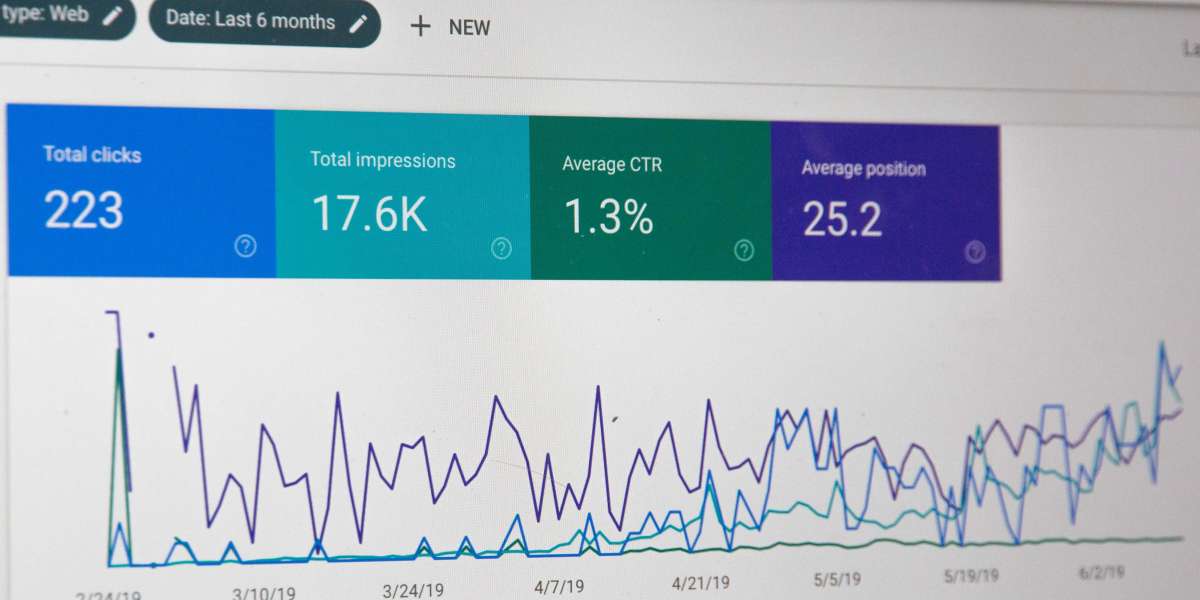What is a CONTRACT RESEARCH ORGANIZATION?
 A contract research organization (CRO) is a company that provides services to the pharmaceutical and biotechnology industries in the areas of drug discovery and development. CROs offer a range of services, from preclinical testing to clinical trials management.
A contract research organization (CRO) is a company that provides services to the pharmaceutical and biotechnology industries in the areas of drug discovery and development. CROs offer a range of services, from preclinical testing to clinical trials management.
The global CRO market is expected to reach $64.5 billion by 2025, according to a report by Grand View Research. The market is driven by the increasing outsourcing of clinical research by pharmaceutical and biotechnology companies, as well as the need for cost-effective drug development.
CROs can be small, specialized companies or large, full-service organizations. Services offered by CROs include preclinical research, clinical trial management, data management, and biostatistical analysis.
The benefits of using a CRO include access to expertise and resources, flexibility, and cost savings. CROs can also help to reduce the time and costs associated with drug development.
There are some risks associated with using a CRO, such as the potential for conflicts of interest and the loss of control over the research process. It is important to carefully select a CRO that is appropriate for your needs and has a good track record.
If you are considering using a CRO for your drug development project, it is important to understand the different types of CROs and the services they offer. You should also be aware of the potential risks and benefits of using a CRO. With this information, you can make an informed decision about whether or not a CRO is right for you.
2. What do CONTRACT RESEARCH ORGANIZATIONS do?
Contract research organizations (CROs) are companies that provide research and development services to the pharmaceutical, biotechnology, and medical device industries. CROs offer a wide range of services, from early-stage research to late-stage clinical trials.
CROs play an important role in the drug development process. They provide expertise and resources that allow drug developers to outsource some or all of the research and development process. This can help drug developers save time and money, and get their products to market faster.
There are many different types of CROs, and they offer a wide range of services. Some CROs focus on a specific type of service, such as preclinical research or clinical trials. Others offer a full suite of services, from early-stage research to late-stage clinical trials.
CROs can be small or large, and they are located all over the world. Some CROs are full-service providers, while others specialize in a specific type of service.
CROs offer a number of benefits to drug developers. They can help drug developers save time and money, and get their products to market faster. CROs also offer expertise and resources that drug developers may not have access to.
There are some risks associated with using CROs. One risk is that CROs may not have the same level of expertise or experience as the drug developers themselves. Another risk is that CROs may not be able to provide the same level of service if the drug development process is delayed or halted for any reason.
Despite the risks, CROs can be a valuable partner for drug developers. They can help drug developers save time and money, and get their products to market faster Contract Research Organization.
3. What are the benefits of using a CONTRACT RESEARCH ORGANIZATION?
The use of a contract research organization (CRO) can offer many benefits to companies, especially those in the pharmaceutical and biotechnology industries. A CRO can provide expertise and resources that a company may not have internally, and can help to accelerate the development of new drugs and therapies. CRO services can also be cost-effective, since companies do not need to invest in the infrastructure and personnel required to provide these services themselves.
One of the main benefits of using a CRO is the ability to access expertise and resources that may not be available internally. CROs typically have a network of experts in various fields, who can provide guidance and support throughout the drug development process. In addition, CROs often have access to state-of-the-art facilities and equipment that companies may not be able to afford themselves. This can help to accelerate the development of new drugs and therapies, and can ultimately lead to better patient outcomes.
Another benefit of using a CRO is that it can be cost-effective. Companies can save money by outsourcing services to a CRO, as they do not need to invest in the infrastructure and personnel required to provide these services themselves. In addition, CROs typically have economies of scale, which means that they can provide services at a lower cost than companies could achieve on their own.
Overall, the use of a CRO can offer many benefits to companies, including access to expertise and resources, accelerated drug development, and cost savings. CROs can play an important role in helping to bring new drugs and therapies to market quickly and efficiently, and can ultimately help to improve patient care.
4. Are there any risks associated with using a CONTRACT RESEARCH ORGANIZATION?
The use of a contract research organization (CRO) can be an effective way to outsource clinical research activities. However, there are some risks associated with using a CRO that should be considered before entering into a contract.
1. Financial risk. A CRO is a for-profit organization and as such, their primary motivation is to make money. This can sometimes result in a conflict of interest between the CRO and the sponsor of the clinical trial. For example, the CRO may be tempted to cut corners in order to save costs and increase profits. This can lead to problems with the quality of the data collected and ultimately, the success of the clinical trial.
2. Regulatory risk. A CRO is not subject to the same regulations as a pharmaceutical company. This can sometimes lead to problems with the quality of the data collected and the way the trial is conducted. For example, a CRO may not adhere to Good Clinical Practices (GCPs) or may not have adequate insurance in place in case something goes wrong during the trial.
3. Quality risk. As mentioned above, a CRO may cut corners in order to save costs and increase profits. This can lead to problems with the quality of the data collected and ultimately, the success of the clinical trial.
4. Communication risk. A CRO is typically a large organization with many employees. This can sometimes make communication between the CRO and the sponsor of the trial difficult. This can lead to misunderstandings and delays in the trial.
5. How do I choose a CONTRACT RESEARCH ORGANIZATION?
The clinical research industry is booming, and with it the number of Contract Research Organizations (CROs) has exploded. With so many CROs to choose from, how do you know which one is right for your project?
There are a few things to consider when choosing a CRO. First, you need to make sure that the CRO has experience in the therapeutic area you are researching. Second, you need to make sure that the CRO has the resources and infrastructure to support your project. Third, you need to make sure that the CRO is a good fit for your company culture.
Once you have considered these factors, you can start to narrow down your list of potential CROs. To help you make your decision, we've put together a list of five things to look for when choosing a CRO.
1. Experience in your therapeutic area
When choosing a CRO, you want to make sure that they have experience in the therapeutic area you are researching. This experience can come in the form of experience with the disease state you are studying, experience with the drug you are studying, or experience with the population you are studying. The more experience the CRO has, the better they will be able to meet your needs.
2. Resources and infrastructure
When choosing a CRO, you want to make sure that they have the resources and infrastructure to support your project. This includes things like laboratories, animal facilities, and data management systems. The more resources and infrastructure the CRO has, the better they will be able to support your project.
3. A good fit for your company culture
When choosing a CRO, you want to make sure that they are a good fit for your company culture. This means that they should share your values and your commitment to quality. The CRO should also be flexible and able to adapt to your needs.
4. A proven track record
When choosing a CRO, you want to make sure that they have a proven track record. This means that they should have a history of successful projects. The CRO should also have a good reputation in the industry.
5. A competitive price
6. What are the different types of CONTRACT RESEARCH ORGANIZATIONS?
The term Contract Research Organization (CRO) is used to describe a company that provides services to the pharmaceutical, biotechnology and medical device industries. These services can range from preclinical research to clinical trials and post-marketing surveillance.
There are different types of CROs, each with their own strengths and weaknesses. The following is a brief overview of the most common types of CROs:
1. Full-service CROs:
Full-service CROs offer a comprehensive range of services, from preclinical research to post-marketing surveillance. They are typically large companies with a global reach and a large staff of highly trained professionals.
2. Mid-size CROs:
Mid-size CROs offer a more limited range of services than full-service CROs, but they are usually more flexible and can be more responsive to the needs of their clients.
3. Small CROs:
Small CROs are typically boutique firms that offer a limited range of services. They may be specialized in a particular area of research or have a narrower geographic focus than larger CROs.
4. Virtual CROs:
Virtual CROs are companies that provide services to clients without having a physical presence. They typically use a network of independent contractors to provide services.
5. Academic CROs:
Academic CROs are typically affiliated with a university or research institution. They offer a range of services, but their focus is usually on basic and preclinical research.
6. Government CROs:
Government CROs are typically affiliated with a government agency, such as the National Institutes of Health (NIH) in the United States. They offer a range of services, but their focus is usually on clinical trials and research.








